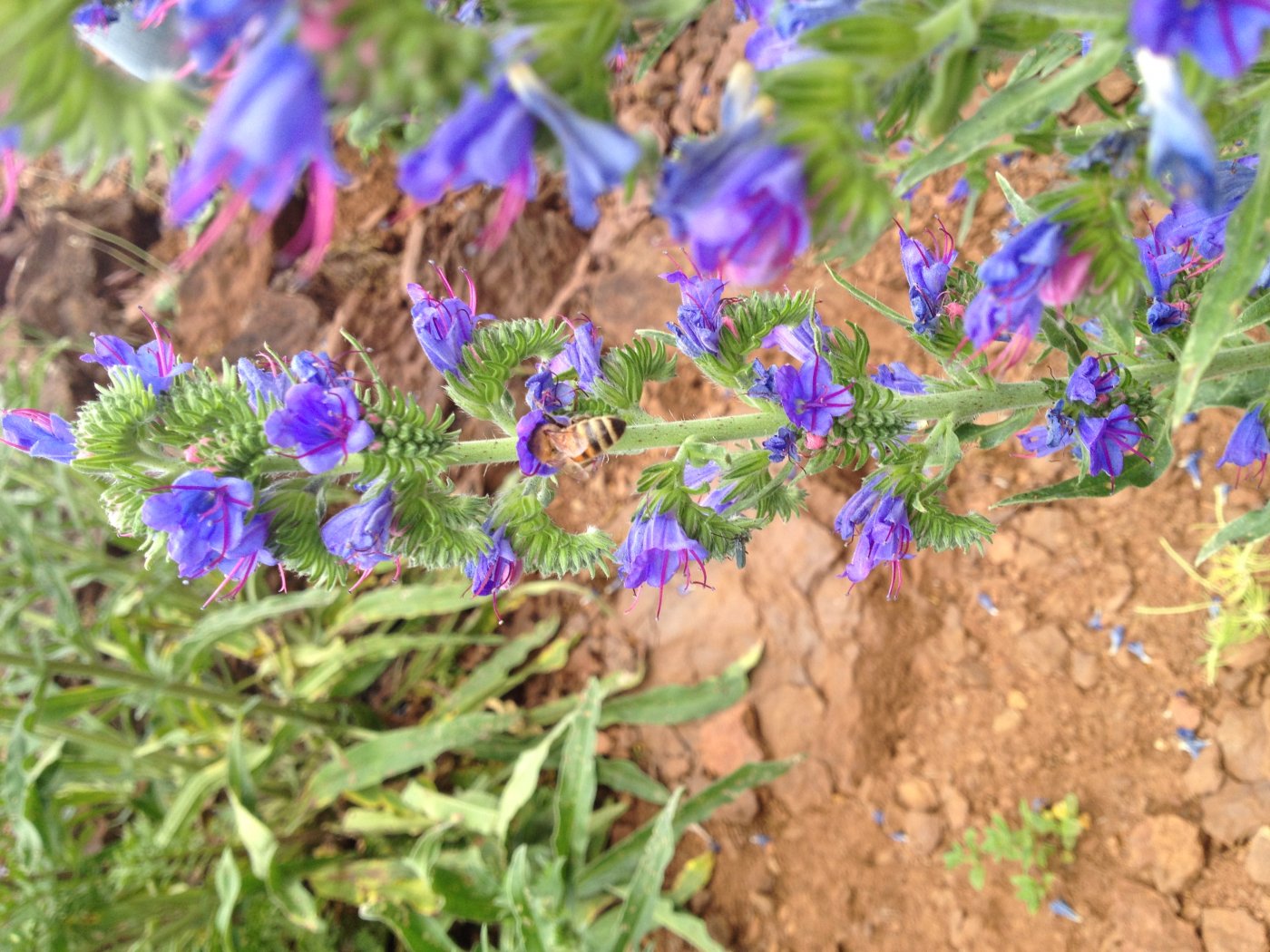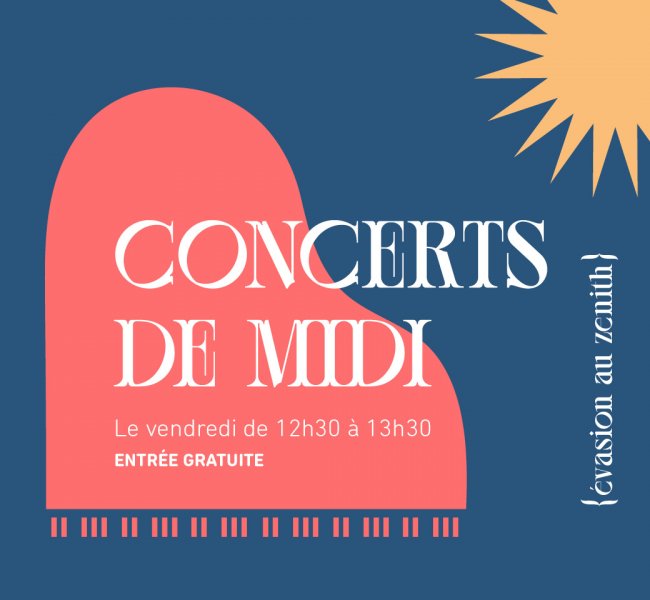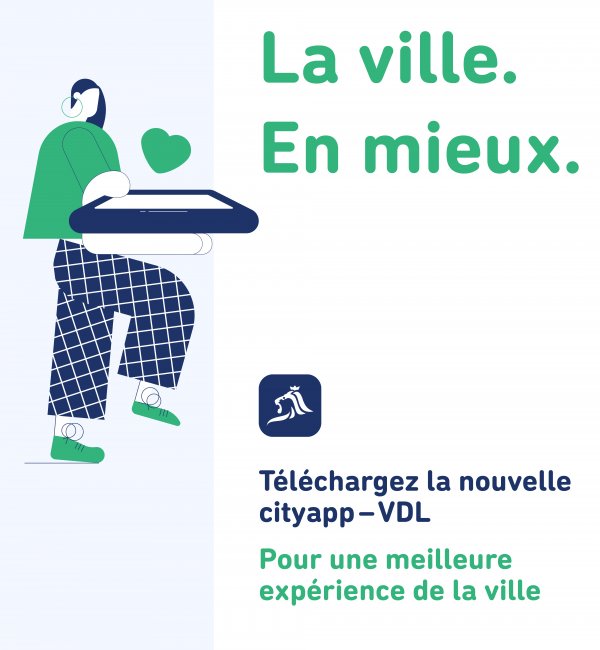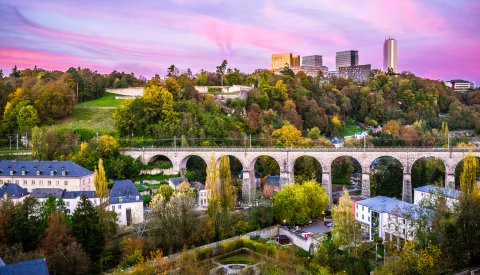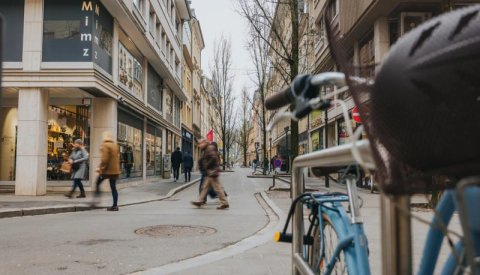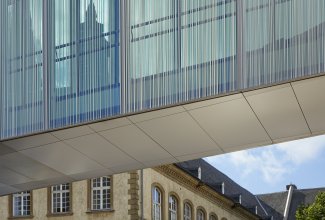Animals in the city
Many animals live alongside the city's human residents. These include domesticated species, but also other guests that are far less readily accepted. Many wild animals have simply adapted to the urban environment, where it is easier for them to find whatever they need. But a natural balance is required to ensure that animal populations can share space with their human neighbours without causing too many problems.
Dogs
Dogs are the largest animal population in the city. Despite being fully domesticated, they can still cause a nuisance (poo on the pavement, excessive barking, etc.) Did you know that 500 tonnes of dog poo are removed from the city's public spaces each year by the Service Hygiène?
Dog owners must live up to their civic responsibilities, obey the rules and use their common sense at all times.
What you can do
- When walking your dog, train it to relieve itself in the city's dog areas (located in every district), and remember to use the "Bravo" bags to pick up their poo. Please note: article 9 of the City of Luxembourg's general regulations on public order and safety requires dog owners to collect any poo their animals leave behind). Locations of dog parks and additional information can be found in the "Walking your dog" section.
Cats
Cats are very popular as pets. However, there are rules and responsibilities involved in owning a cat.
What you can do
- Do not leave food outside the home, because this also attracts other animals (foxes, rats, etc.).
- The Grand Ducal Regulation of 5 December 2018 requires that all cats be tagged with a microchip. The data of all such electronically tagged cats is stored in a computer database. The same regulation stipulates that any cat with access to the outdoors must be spayed or neutered.
Pigeons
Pigeons were once kept for their meat and for racing, but have since become feral and have acclimatised to their urban environment. The explosion of their population and its side effects can be considered a nuisance, as well as harmful to human health.
- Pigeon droppings foul pavements, roads and vehicles, cause damage to stone in monuments and buildings, and encourage the growth of moulds.
- Pigeons can transmit viral diseases to humans (psittacosis) and parasites (ticks, fleas, etc.).
Measures taken by the City of Luxembourg
- The spreading of contraceptive-laced seed has been discontinued to avoid these chemicals being absorbed by predators further up the food chain.
- Dovecotes have been installed at Square Brasseur, Rue d'Anvers and Rue Antoine Godart. The aim is to encourage local pigeons to make their home in the dovecotes in order to monitor their health and control bird populations.
- The City of Luxembourg also works to protect the habitats of their natural predators, such as the Eurasian eagle-owl (Bubo bubo) and the peregrine falcon (Falco peregrinus).
- Public spaces are cleaned regularly.
What you can do
- We recommend that, where possible, you prevent pigeons from making their nests on your home by blocking openings and closing off holes using netting or wire mesh, for example.
- Never touch pigeons, especially if they seem to be sick. Contact a specialist to deal with any pigeon-related issues.
- Feeding pigeons is prohibited under the Municipal Regulation of 23 October 1967 (Règlement communal du 23 octobre 1967).
The key advantage of using dovecotes is that they bring the birds together in a place that is beneficial for the animals and where their population can easily be controlled by City staff.
All the dovecotes are open, allowing the birds to come and go as they please. Pigeons are drawn to dovecotes because they offer them a protected habitat, with suitable and abundant food.
An applicator installed in the dovecote shakes the eggs to stop the embryo from developing and puts them back in place so that the female can continue to brood. Imitation eggs can also be used.
Rooks
The rook (Corvus frugilegus) is a bird that prefers to live in groups, which vary in size depending on the season. This phenomenon is not without its problems when they congregate near residential properties. Within Luxembourg City, some 1,100 nests have been counted. Regular surveys show that the population has stabilised in recent years.
Drawbacks:
- The cawing of rooks can be a disturbance, but is limited to the nest-building period, which lasts for three months.
- Their droppings soil vehicles, pavements, public benches, etc.
Benefits:
- Rooks are a useful and protected species.
- They feed on carrion, which means they clear animal cadavers from the environment. But they also feed on a wide variety of foods, including rodents, insects, fruits, eggs, etc.
Measures taken by the City of Luxembourg
We have created a management plan for rooks living and nesting in Luxembourg City. The goal of this plan is to ensure the long-term management of this protected species living in Luxembourg City, and to avoid any undesirable division and displacement of the colonies to a multitude of other locations where there is potential for conflict.
Processing of personal data
Your personal data will be recorded and processed in order to draw up a management plan and to monitor and manage the rook colonies living in Luxembourg City.
The personal data that is collected will be processed by the staff of the City of Luxembourg's municipal administration strictly within the scope of their duties. Your data and information are stored for as long as is necessary to achieve these aims. These may be transferred to the City of Luxembourg's Service Archives (Municipal Archives) for subsequent processing that is not incompatible with the original purpose, for archiving purposes in the public interest, historical research purposes, or statistical purposes (in accordance with Article 5.1. b of the GDPR), or to the Luxembourg National Archives, in accordance with the Law of 17 August 2018 on archiving (loi du 17 août 2018 relative à l'archivage).
Your personal data is processed using organisational and technical measures established to guarantee its confidentiality and security. To facilitate the sharing of said data, they are stored and processed in a cloud environment. The data is pseudonymised and, as far as possible, anonymised before being communicated to recipients subject to an obligation of confidentiality, such as the firm responsible for drawing up the management plan on behalf of the City of Luxembourg. The City of Luxembourg does not make use of automated techniques to process your personal data.
Rats
Under normal circumstances, there are generally as many rats as human residents in any city. Rats are carriers of diseases (including serious ones, such as leptospirosis, and hantaviruses) which can be transmitted to humans and parasites (lice). Rats are most at home in sewers and vacant lots.
Measures taken by the City of Luxembourg
- Over 700 manholes are treated twice a year with anticoagulants. However, every precaution is taken to limit the use of these chemicals to a strict minimum, and to avoid contact with water whenever they are used.
- The use of a remote mapping system and centralised database accessed via computer tablets allows for the efficient management of intervention points and helps to minimise the environmental impact by better targeting prevention measures.
What you can do
- Organic waste, including fats, oils and grease, must be placed in bins and not washed down the drain.
- Bins must be firmly closed.
- Never leave old meat or cooked food in compost containers that are accessible to rodents.
- Make sure that your home's connections to the sewer lines are up to code.
- The Service Hygiène offers a one-time home extermination service free of charge. For more information on this, see the section entitled "Keeping the city clean".
Ducks
"Artificial feeding" can have terrible consequences for wildlife. Ducks, for example, can fall prey to bacteria caused by the fermentation of leftover bread in stagnant water that is heated by the sun. This disease is called botulism and can be transmitted to humans by drinking contaminated water or touching sick ducks.
Weasels
Weasels can be very troublesome when they gain entry to homes and take up residence in converted attics, false ceilings, etc. They are also notorious for the damage they cause to insulation materials and car wiring.
They are the natural enemies of mice, rats and insects.
What you can do
- Prevent damage to your property by refitting cornices and ceilings so that weasels cannot gain entry to your home. Bring cars into the garage or park your car in different spots when leaving it outside.
- Cleaning your vehicle regularly also helps, because the animals track odours left during previous forays.
Foxes
A growing number of foxes are being spotted in the city, drawn by an abundant source of human food waste. This new behaviour is disturbing the natural balance of fox populations.
As a result of mass vaccination campaigns, foxes are no longer carriers of rabies. However, they may harbour a parasitic worm (echinococcus) that can be transmitted in rare cases (none reported in Luxembourg to date) via pets or via contact between their faeces and fruit or vegetables if subsequently ingested.
What you can do
- Avoid leaving fast food leftovers in public places.
- Remember to bring your cat's food dish inside every night.
- Carefully wash all fruit, vegetables and lettuce grown at ground level. Cooking produce kills pathogens.
Wasps
People tend to fear wasps, but they play a critical role in the ecosystem. They eat flies, mosquitoes, aphids, caterpillars, larvae and other insects in fairly large quantities, making them sort of a "natural insecticide".
It is their nests that are the main issue. Be careful! Wasps can make their nests above ground (making them visible), as well as below ground. This depends on the species. Aerial nests, which are found in houses, are very small and each is home to only about one or two dozen wasps.
The Luxembourg City fire and rescue service can no longer be called in to remove these nests. This is now handled by private specialised firms. Other professionals, particularly bee-keepers, are able to remove the nests without using chemicals (for more information, contact Haus vun der Natur, among others).
